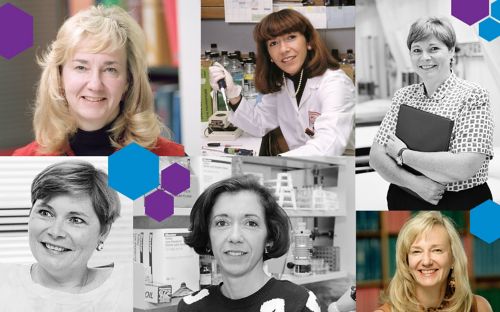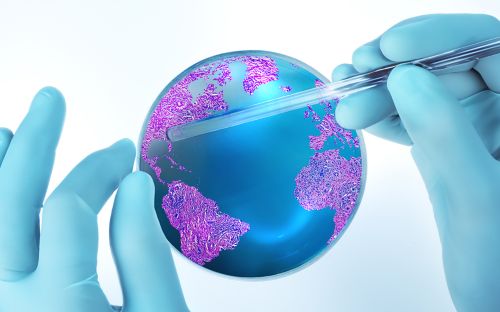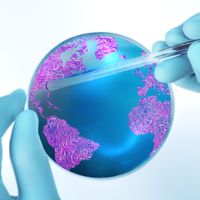HPV vaccination begins with family health care providers
In my nearly 30 years as an oncologist at St. Jude Children’s Research Hospital, I’ve been fortunate not only to treat patients with pediatric cancers; I also collaborate with many researchers seeking cures for these devastating diseases.
While we can cure most pediatric cancers, we cannot prevent them. But we can help our pediatric patients prevent life-threatening cancers later in life by vaccinating them for HPV. It’s important to me that fellow clinicians take every opportunity to give a vaccine that is proven to reduce cancers and recommend HPV vaccination to their patients and patients’ families.”
Yet, HPV vaccination rates lag far behind those of other recommended adolescent vaccines. We can do better. You, as a pediatrician, have the power to reduce the incidence of human papillomavirus cancers and pre-cancers among your patients. Let me be clear, clinician-to-clinician: HPV cancer prevention begins with you.
Here are five things to remember when helping ensure your patients receive the HPV vaccine.
- Your opinion matters: Parents put their trust in you to care for their children. In fact, the CDC reports that the biggest predictor of HPV vaccination is the recommendation of a clinician. Include the HPV vaccine as part of routine adolescent immunizations as recommended.
- Engage your staff: Work with your team to deliver a consistent message about vaccination and share ways to help parents, patients and pediatric health care providers get through the process with confidence.
- Answer their questions: The vaccine is safe, effective and prevents cancer. Adolescents at ages 11-12 have the most substantial immune response. But parents may have questions. Answer them honestly and share personal experiences about vaccination.
- Be proactive: Schedule follow-up HPV vaccine visits when patients are leaving the first visit. Work with your clinical team to help ensure everyone is recommending the vaccine to age-eligible patients.
- Take charge: Vaccinate every eligible patient you can. Encourage parents to protect their children through vaccination.
Who is eligible for the HPV vaccine?
The Centers for Disease Control and Prevention (CDC) recommends the HPV vaccine for boys and girls. HPV vaccination can be started as early as age 9, but is typically initiated at the adolescent check-up with other immunizations. Vaccination is also recommended for girls aged 13 through 26 years and boys aged 13 through 21 years who have not yet been fully vaccinated.
More than 31,000 cases of cancer could be prevented with HPV vaccination each year. Getting vaccinated early protects children long before they’re exposed to HPV. While the vaccine works best with adolescents, the FDA recently expanded approval of use of the HPV vaccine for males and females aged 27-45 who haven’t received the vaccine.
Should childhood cancer survivors receive the HPV vaccine?
As a physician who also works with childhood cancer survivors, I know they have a higher risk for HPV-associated cancers. In fact, one of our patient studies showed that survivors have a 150 percent increase in risk for HPV-related cancers. Despite this risk, St. Jude researchers found survivors are less likely to receive the HPV vaccine than other adolescents.
After treatment is over, survivors look to their pediatric health care providers for medical recommendations. If we fail to recommend the vaccine, survivors are less likely to start the series. Clinicians managing the care of childhood cancer survivors should be aware that HPV vaccination can be an important part of the care plan.
Take the lead on HPV vaccines
Nearly everyone is exposed to HPV at some point in their lifetime, although many individuals are not aware they are infected. About 80 million Americans currently have HPV. Once exposed to HPV, your immune system usually clears the virus on its own. But if the virus persists, it can lead to several types of cancers.
So please take a moment to think of how many children you can help. You may not see the end game of your efforts, but you’ll know you protected children in your care from HPV-related cancers in adulthood. Be an advocate for cancer prevention – recommend HPV vaccination to your patients and their families.
More information:
Visit the CDC website for evidence-based resources, information and support for clinicians on HPV vaccination and cancer prevention.






